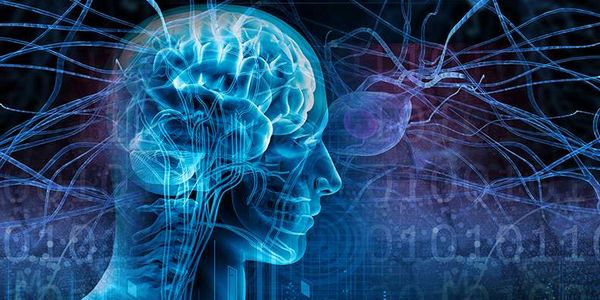Amnesia is the treatment of disease. Symptoms and prevention of diseases of amnesia

Amnesia is a condition, where the person is not able to recall the recent and distant events. Amnesia sometimes partial (the patient does not recall certain events) or full. Amnesia may be temporary, in this case, the memories are recovered gradually in chronological order.
Amnesia is the cause of
There are the following causes of amnesia:
- Organic (due to injury, strokes, tumors, poisoning, hypoxia, attacks of migraine)
- Psychological (as a result of psychological trauma)
To develop amnesia can lead alcohol and tranquilizers. Cause of childhood amnesia (inability to recall events, occurring in childhood) is the underdevelopment of the relevant structures of the brain.
Symptoms of amnesia
The main symptoms of amnesia:
- Loss of memory for a certain period of time
- Difficulty remembering recent and recent developments
- Konfabuljacii (false memories)
Amnesia can be a symptom or accompany psychiatric illnesses. Passing global amnesia is a sudden severe attack of confusion, which does not remain in memory. Attack accompanied by disorientation in time and space. Characteristic symptom of amnesia is the inability to know others. Attacks of transient global amnesia can happen, but can manifest themselves once in a lifetime.
Duration of amnesia – from a few minutes to 12 hours. The main symptoms of this condition: complete disorientation and loss of memory of events, occurred in the last few years. Usually, symptoms disappear without treatment, but in some cases, the memory is not restored.
If amnesia is caused by an unbalanced diet or alcohol, talk about the Wernicke-Korsakoff syndrome. This form of amnesia is accompanied by symptoms such as prolonged amnesia and acute confusion. Other symptoms include impaired vision, unsteady gait, confusion, drowsiness.
Amnesia — Diagnostics
The amnesia diagnosis is based on clinical manifestations and history data. In certain cases it is necessary to conduct tests to determine the functions of memory. Also conducted a survey of relatives and friends of the patient. Additional methods of differential diagnostics: electroencephalography, CT, MRT, toxicological and biochemical analyses, blood test.
Diagnostics of spend doctors psychiatrist, neurologist and expert in Narcology. In some cases it is necessary to consult infectiologist and neurosurgeon.
Amnesia is a kind of disease
Amnesia can be full or partial.
Depending on the clinical manifestations and causes there are following types of amnesia:
- Retrograde
- Anterogradnaya
- Holding
- Traumatic
- Korsakoff Syndrome
- Dissociirovannaja (happens to be localized and the election, generalized, continuous)
- Dissociativnaja Fugue
- Children's
- Postgiptonicheskaja
- Hysterical
Amnesia — patient
When symptoms of amnesia, the patient should consult a neurologist or a psychiatrist doctors. If the patient is unable to do so himself, It should take care of relatives or close friends.
Treatment of amnesia
Treatment of amnesia, caused by trauma, tumors or poisoning, based on the main disease therapy. Amnesia, caused by psychological factors, treated with hypnosis, psychotherapy and drugs.
The main directions of cure amnesia following:
- Refraining from taking medication, able to impair memory (antidepressants, neuroleptics), or reduce their dose
- Intake of vitamin B1 (When his lack of)
- Medication (medications to improve brain power, improve the fluidity of the blood, cholinesterase inhibitors, blockers of NMDA receptors in Alzheimer's disease (Alzheimer's Disease))
- Techniques for improving memory (Crossword solution, the oral account, sessions with psychologist)
Amnesia-Complications
Amnesia violates social and labour adaptation, may cause paralysis. In some cases, the memory and is not restored.
Amnesia — Prevention
Prevention of amnesia is the prevention of conditions and diseases, that could provoke its development, and includes the following measures:
- Adherence to the rules of a healthy lifestyle (renunciation of bad habits, physical activity, restful sleep at night, balanced and rational nutrition)
- Preventive medical monitoring
- A timely visit to a doctor when symptoms of disease
- Control blood pressure
